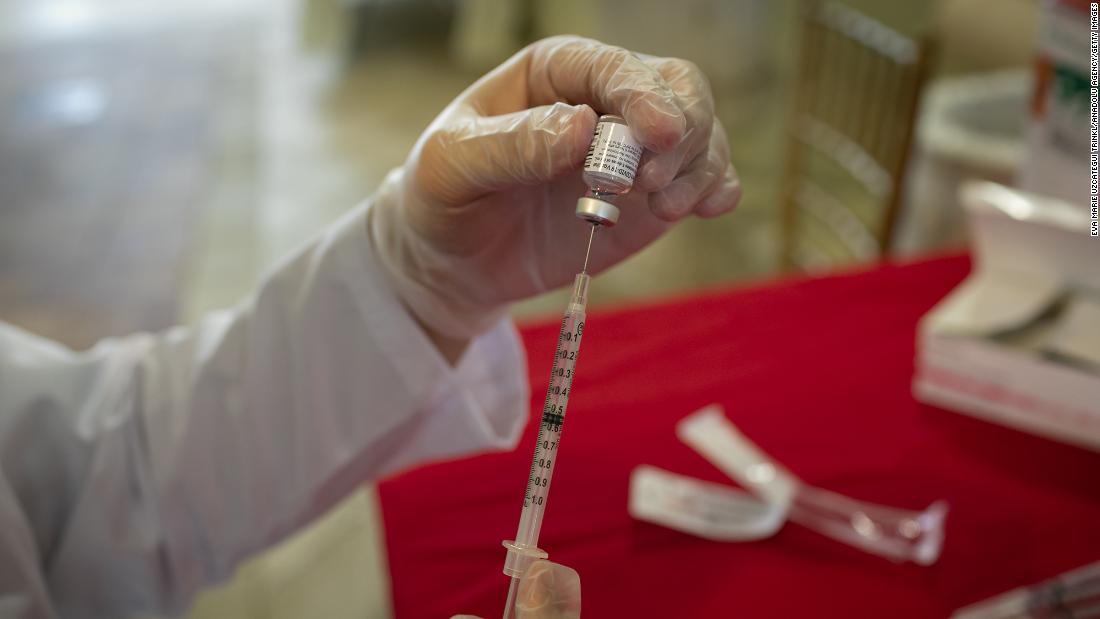The vaccine contributed $ 154 million in sales during the fourth quarter. Pfizer’s projection for the vaccine prescription in 2021 mainly includes doses that must be delivered under existing contracts and can be updated as new contracts are executed, the company said, indicating that revenues could be even higher. The company added that patients would likely need to receive regular boosters from the vaccine to “maintain the immune response and contain the emerging variant strains”, which would mean continued prescription of the product beyond this year.
The company increased its overall earnings projection for 2021 to between $ 3.10 and $ 3.20 per share, thanks in part to expected vaccine revenue contributions.
The projection was a bright spot in a mixed earnings report. Pfizer posted quarterly revenue of nearly $ 11.7 billion, an increase of 12% over the same period last year and slightly ahead of projections by Wall Street analysts. Earnings per share reached $ 0.42, but fell short of Wall Street expectations. The company’s shares fell nearly 3% at the beginning of Tuesday’s trading session.
Pfizer is emerging from a major corporate restructuring, which involved the spin-off of various parts of its business to focus on the development and distribution of more innovative medicines. While playing an important role in fighting the coronavirus, Pfizer’s broader businesses were challenged by the pandemic – fewer people leaving home to see their doctors meant fewer new prescriptions for some of Pfizer’s top products during much of 2020. The company he said he expects a “continued recovery” in broader health activity in 2021, as more people are vaccinated.
Pfizer recorded annual revenue of $ 41.9 billion, 2% more than the previous year.
“2020 was a transformative year, not only for Pfizer, but also in the lives of every patient in every community we serve,” said Pfizer CEO Albert Bourla in a statement. “We saw the culmination of Pfizer’s decade-long conversion into a company focused on pure science and innovation … Our record success in developing a vaccine against Covid-19, together with our partner BioNTech, is just one example of what we believe that this new Pfizer is capable of achieving. “
Bourla expressed optimism about the company’s product flow in addition to the Covid-19 vaccine, which includes cancer drugs and a pneumonia vaccine, in a call with analysts Tuesday morning. The company reaffirmed its annual growth rate made up of projected revenue of at least 6% by 2025, excluding any potential contributions from the vaccine.
“We believe that the industry has generated a lot of goodwill with Congress and public opinion with our Covid-19 treatment and vaccines and we look forward to building that goodwill by working together on a solution, including a contribution as an industry through legislation or executive action that results in lower costs for patients, “said Bourla. “The status quo is simply not going to work and we look forward to working with the Biden government and members of Congress on both sides of the corridor to help ensure that our advances are accessible to everyone.”
